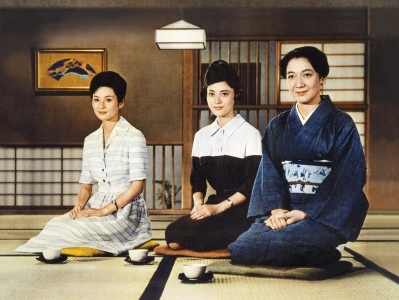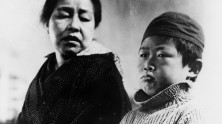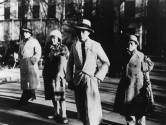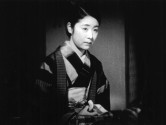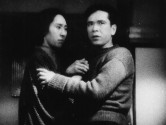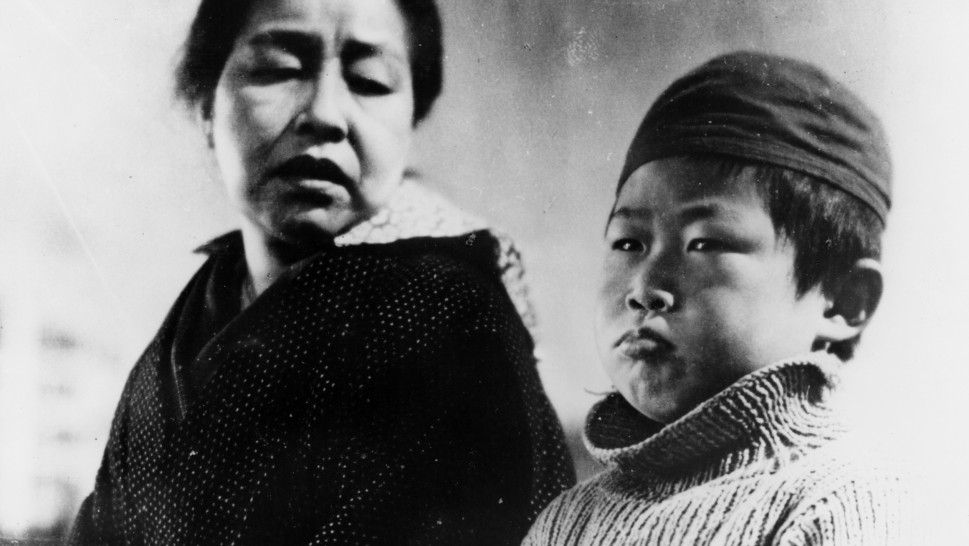
After his return from a POW camp near Singapore in 1946, Ozu immediately reentered the studio system and wrote the script for Record of a Tenement Gentleman in twelve days. Although the film was not especially well-received, and Ozu admitted to being tired and rushed while making it, there is a profound purity to its lack of polish. Encouraged by her neighbors (including Sakamoto Takeshi's Kihachi), childless widow Otane (Iida Choko) reluctantly takes in Kohei (Aoki Hohi), a boy whose father has disappeared following the bombing of their house. Otane finds the boy irritating and burdensome, but over time the two form a special relationship—a bond that stands out among Ozu’s many depictions of relatives linked by blood or marriage. Ozu does not hide that Otane’s trajectory from unkind stranger to selfless caregiver is intended to stir feelings of hope among an Occupation-era audience. But the sensitivity of Iida Choko’s performance as Otane and Aoki Hohi’s timidity as Kohei elevates Record of a Tenement Gentleman several stories above the flatness of a postwar parable.
Part of film series
Screenings from this program
Late Spring

Tokyo Story

Early Summer

Passing Fancy

Dragnet Girl

Tokyo Story

A Story of Floating Weeds
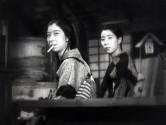
Days of Youth

The Flavor of Green Tea over Rice
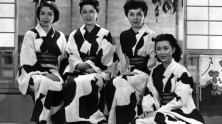
Early Spring

The Munekata Sisters
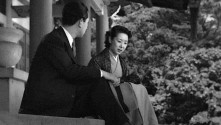
Floating Weeds

Good Morning

Late Autumn
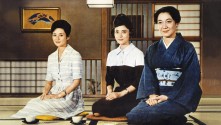
Tokyo Twilight

The Brothers and Sisters of the Toda Family

I Flunked, But …
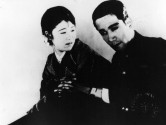
Late Autumn

Where Now Are the Dreams of Youth?
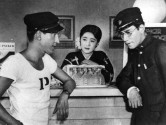
The End of Summer
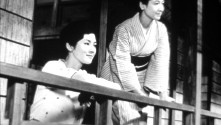
Early Spring

Café Lumière

Tokyo Story

